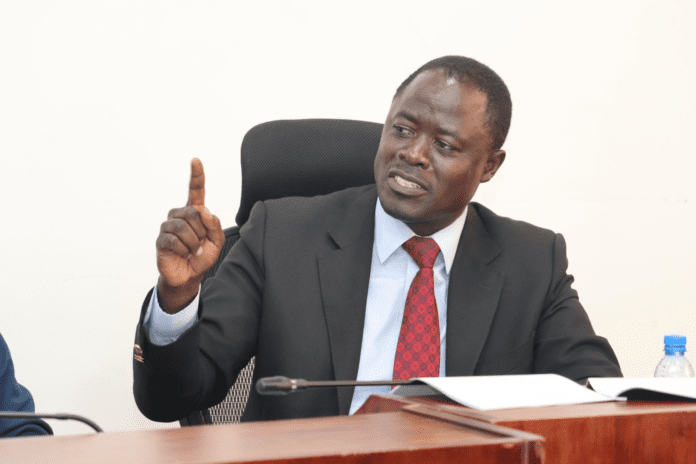Homa Bay Town MP Peter Kaluma has urged an immediate review of the mechanisms used to deliver life-saving HIV/AIDS drugs to Africa, following the temporary halt of essential medical supplies by the Trump administration.
In a statement on Wednesday, January 29, 2025, Kaluma criticized the executive order that has disrupted the supply of drugs for HIV, malaria, and tuberculosis, affecting countries receiving support from USAID.
He condemned what he termed as an attempt to tie medical aid to LGBTQ+ rights, arguing that access to life-saving treatment should not be linked to social and political conditions.
Kaluma emphasized the need for African nations to establish independent systems to ensure uninterrupted medical supplies. He warned that relying on foreign donors who impose ideological conditions could leave millions vulnerable to severe health crises.
His sentiments follow concerns raised by Kenya Medical Practitioners, Pharmacists, and Dentists Union (KMPDU) Secretary-General Davji Atellah, who also urged Kenya to strengthen its health sector amid growing uncertainty over donor funding.
Atellah responded to the 90-day suspension of US foreign aid, one of Trump’s first executive orders after returning to office. The freeze affects health programs such as PEPFAR, HIV treatment, and the Global Fund, alongside security and development initiatives in Kenya.
In a statement on Tuesday, January 21, 2025, Atellah warned that Kenya’s heavy dependence on US aid poses a risk to crucial health services.
“Trump’s decision to pause US foreign aid for 90 days to reassess its alignment with ‘America First’ priorities poses a critical question for Kenya: What happens when the lifeline of donor funding is disrupted?” Atellah stated.
He urged the government to take the aid suspension as a wake-up call by implementing urgent reforms to fight corruption and ensure efficient public spending to safeguard critical services.
“With Kenya heavily reliant on US aid for health programs, this decision threatens to derail progress and put millions at risk. It’s time for the government to root out corruption and prioritize domestic resource mobilization to protect essential services,” he added.
As pressure mounts, African leaders face a tough decision on whether to negotiate with the US or establish self-sufficient health funding models to prevent future disruptions.







